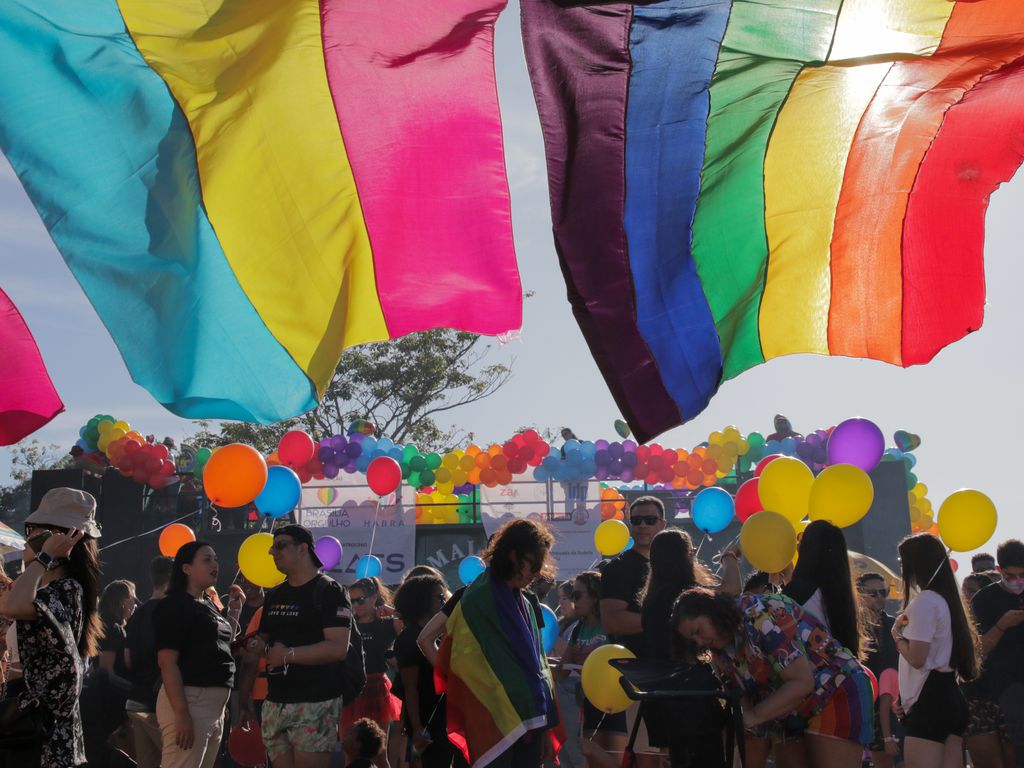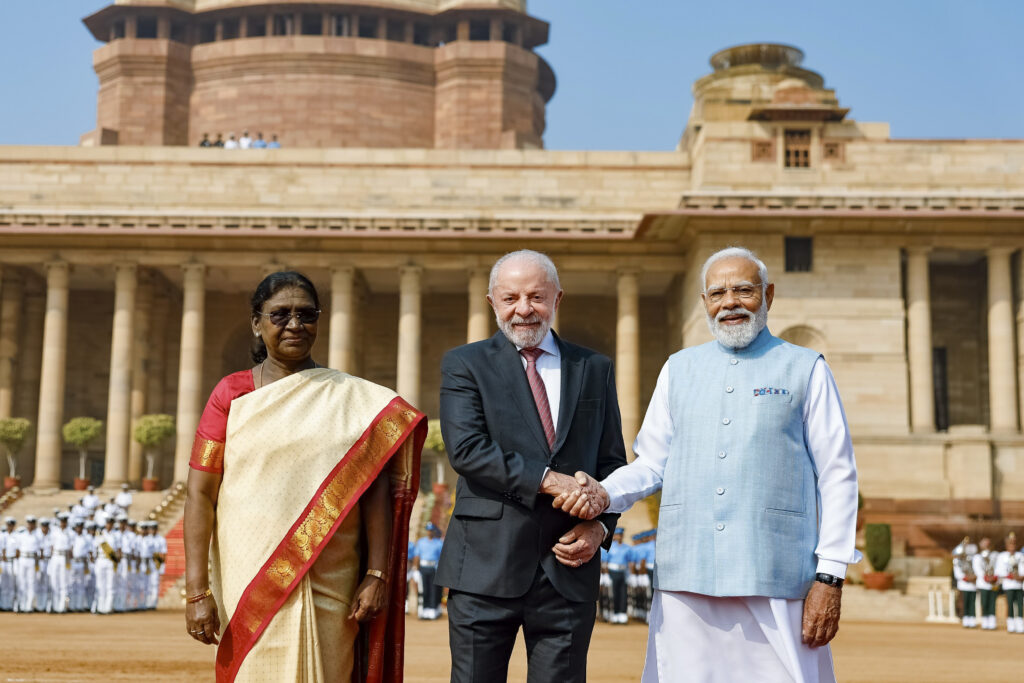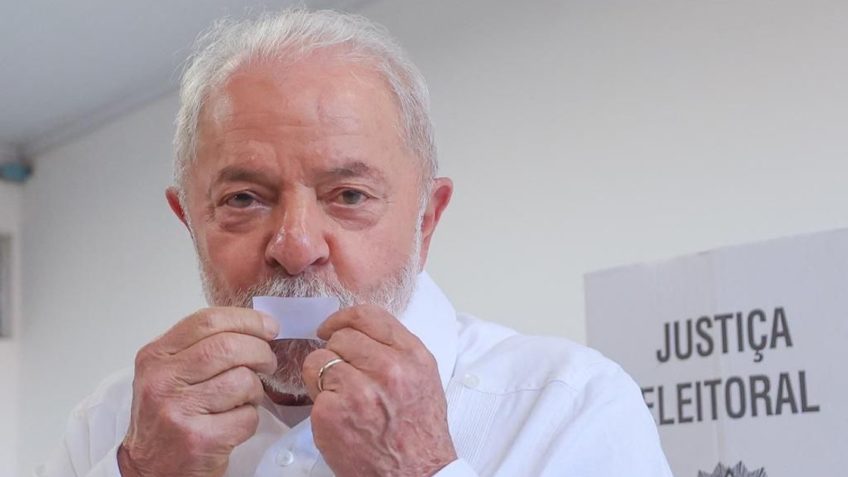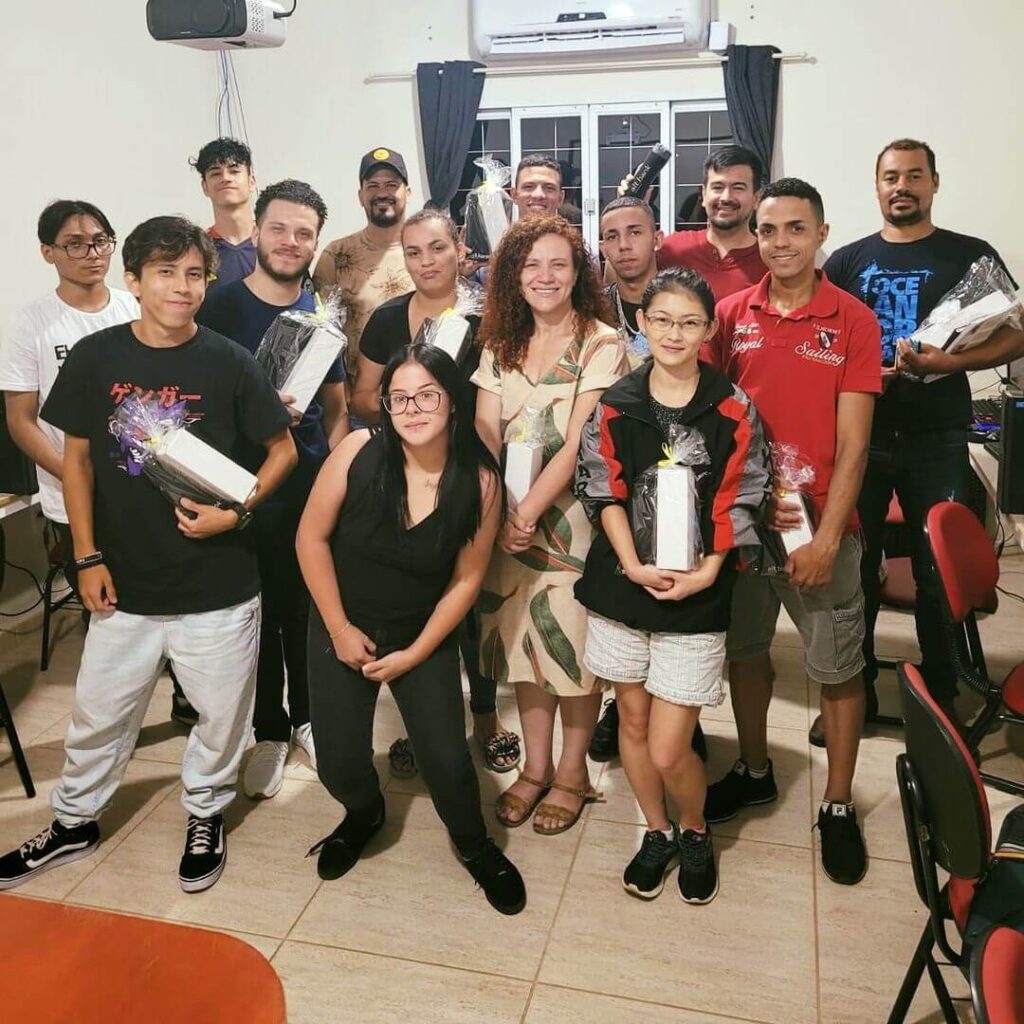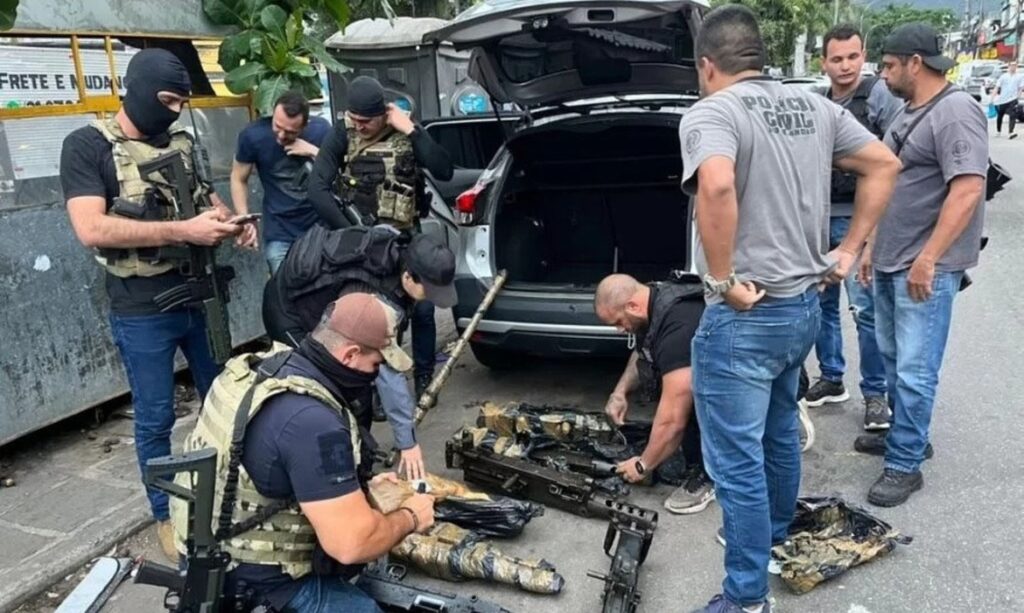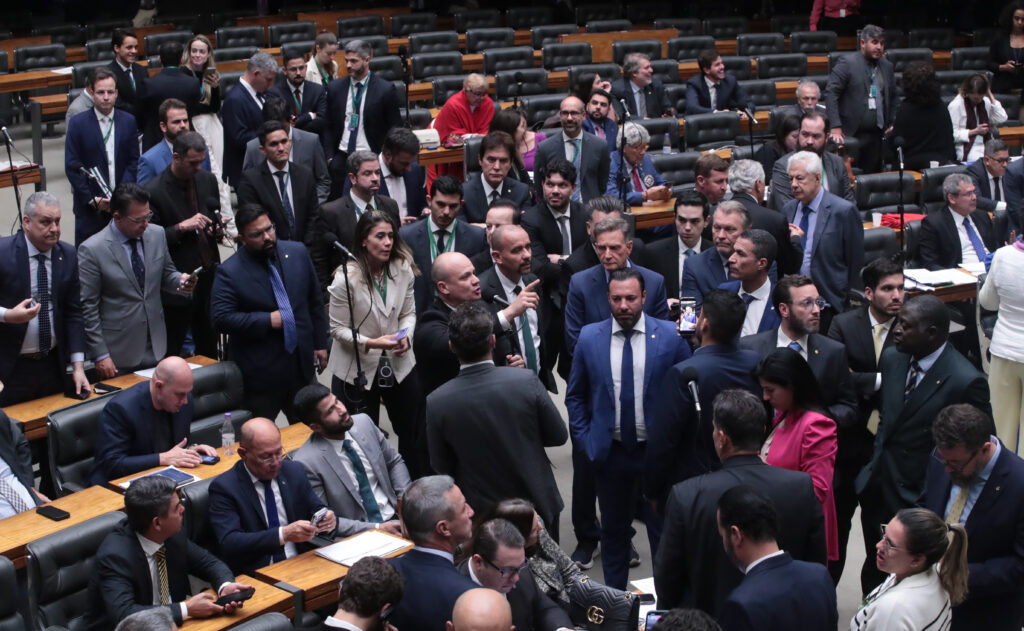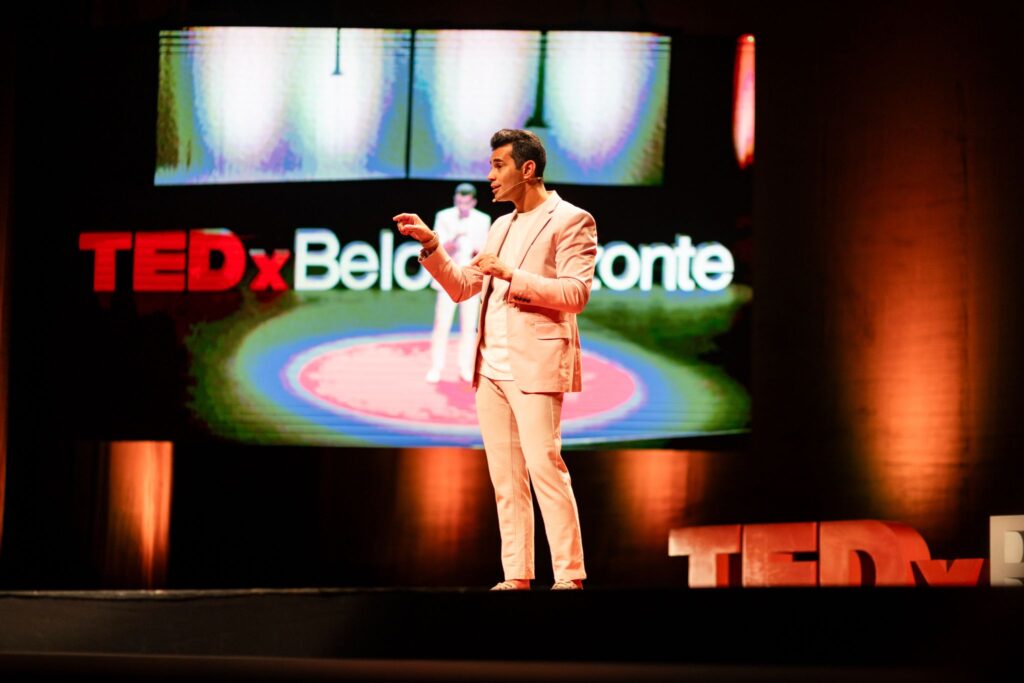São Paulo, Brazil – Lucas, a 34 year-old businessman from São Pauki, has felt out of place since childhood. A Catholic school pupil in his early years, he grew up in a strict religious family in Paraguaçu Paulista, a city of 45,000 people in the state of São Paulo. His father was in the army, and going to church on Sundays was mandatory.
Since the age of 11, Lucas — whose real name we are withholding for privacy reasons — knew he was gay. He couldn’t, however, tell his family.
Lucas told Brazil Reports that his father once scolded him, “Men don’t cry, that’s a woman’s thing!” He grew up hiding his sexuality.
When he did decide to tell his parents at the age of 19, the revelation was not well received. Lucas was kicked out of his house and he went over a year without speaking with or seeing his father, and only contacting his mother occasionally, at which point she’d ask him to go to church more often to “find himself again.”
Lucas’ story is not uncommon in Brazil, a country where 20% of the population still believe that homosexuality is a disease, according to a study released on June 28 by the Locomotiva Research Institute from human rights NGO IO Diversidade.
The World Health Organization (WHO) removed homosexuality from its International Classification of Diseases (ICD) in 1990, however, two out of 10 Brazilians (about 40.6 million people), still believe being gay is a sickness, and 40% of these believers think it is possible to “heal” members of the LGBTI+ community to make them straight.
According to IO Diversidade’s director, Rachel Rua, this prejudice is expressed through lack of knowledge, “which could just be ignorance about the LGBTI+ issue or resistance to getting to know the other better,” she said in the report. Rua says that more education and awareness campaigns are needed for Brazilians to help them accept all sexual orientations and gender identity.
For Lucas, who is now married to another man, it took years for his parents to gradually accept his sexual orientation, although he still questions their approval.
“My father is cool with my husband, but sometImes I wonder if he would rather have a straight son and a traditional family,” Lucas told Brazil Reports. “But at least my parents respect me and my husband. It’s a huge improvement over the aggressive reaction they had the moment I told them I was gay more than 10 years ago.”
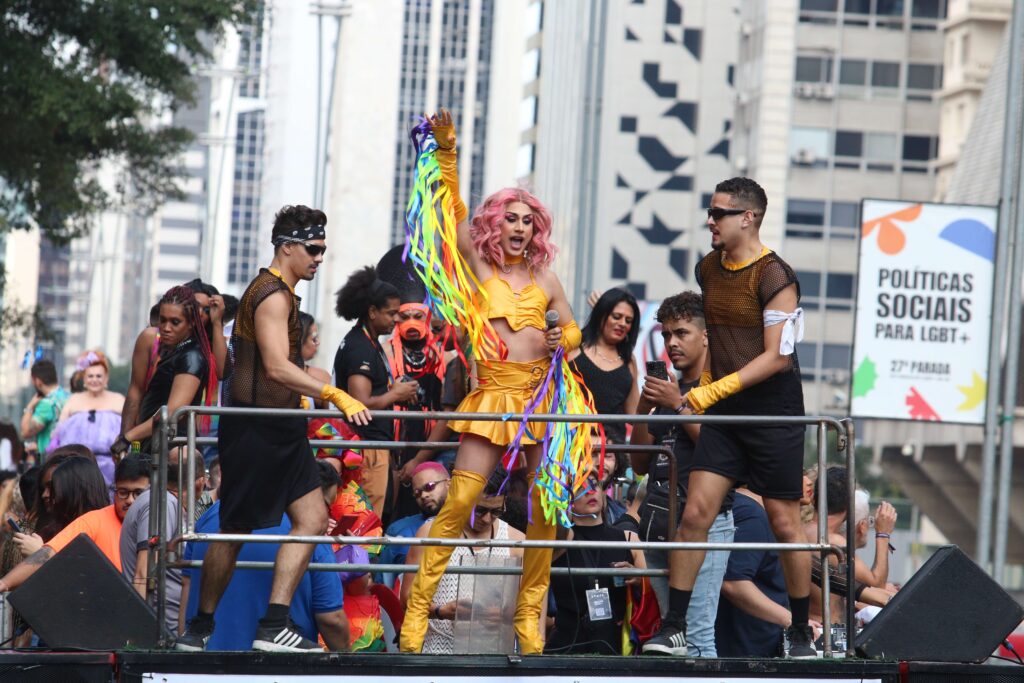
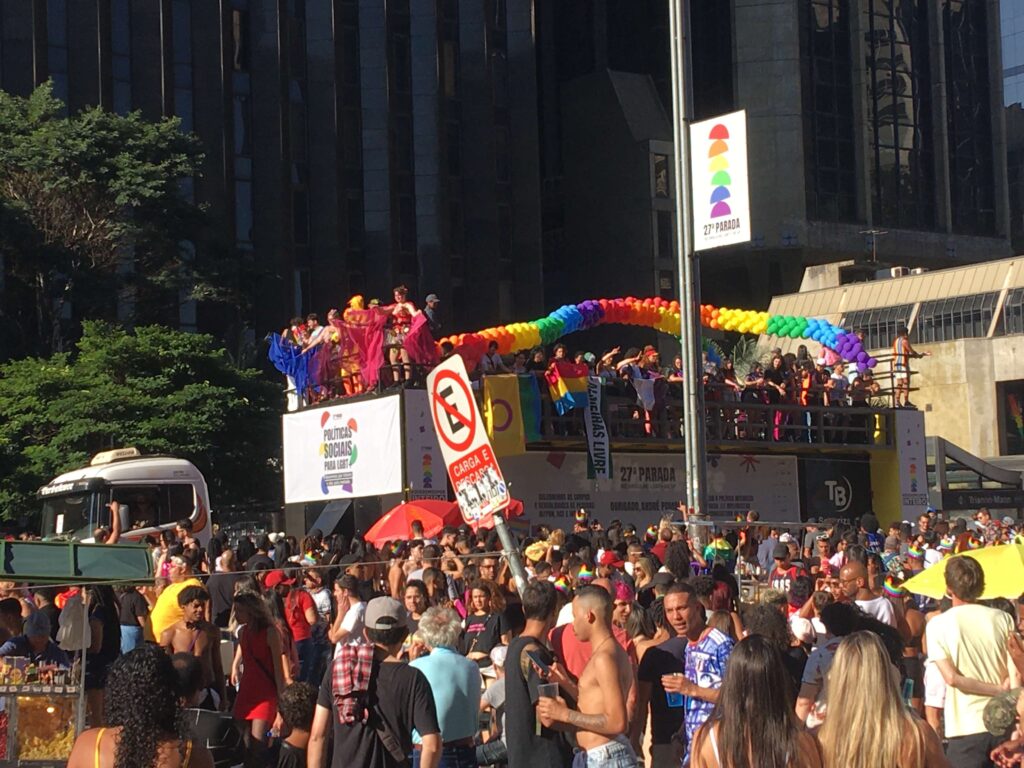
Violence against the LGBTI+ community
Brazil is the country that kills the most people from the LGBTI+ community in the world and has occupied first place in the ranking for 14 years. In 2022, there were 228 murders of LGBTI+ people, which represents one death every 32 hours. In addition, there were 30 suicides and 15 deaths from other causes, totaling 273 deaths that year.
According to gay rights NGO Grupo Gay da Bahia, between January and June this year, 139 deaths have so far been recorded within the LGBTI+ community. Of these deaths, gay men were the main victims of murder (48.2%), followed by the subgroup formed by transvestites and transgender women (41.72%).
Grupo Gay da Bahia also drew attention to cases of extreme violence, including two deaths by stoning and 16 by strangulation or asphyxiation so far in 2023. “Brazil is an extremely insecure country for this population and with a growing trend, in the last two decades, in the number of violent deaths of LGBTI+,” said the NGO.
Violence against the LBGTI+ community also includes physical and verbal aggression. According to a study released in June 2023 from Opinion Box Institute, a company that makes online studies about Brazilian population, at least 45% of LGBTI+ people have suffered verbal aggression because of their sexual orientation or gender identity. Half of the cases took place on the streets or in public places.
Also, 27% reported having already suffered physical aggression – and 15% of cases occurred within their own families.
Helena, a transgender woman from São Paulo, whose real name we’re withholding for privacy reasons, felt firsthand what it is like to be attacked at home. She told Brazil Reports that she was beaten by her father, who did not accept her gender identity.
Violence within the family made Helena run away from home as a teenager. With no money and nowhere to go, she lived on the streets for four months until she was taken in by a couple of friends. Because of the abuse, Helena no longer maintains contact with her father.
“It is very difficult not to be accepted by your own family. It is a double violence: physical and psychological. We just want respect and to be able to live the way we think is best for us,” she said.
In this scenario of constant violence, more than half of LGBTI+ people (53%) consider Brazil a homophobic country, according to the Opinion Box Institute study.


